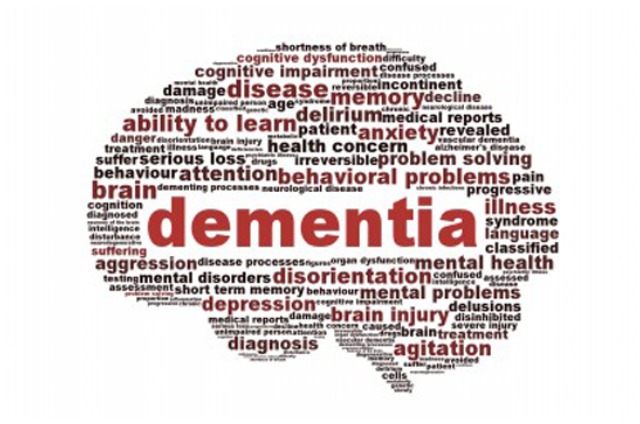New York, April 18, 2013 -Aerobic exercise that involves vertical movements of the body such as rope-skipping can curb feelings of hunger and fatty food cravings, a new study has found.
In the study published in the journal Appetite, researchers set to find out whether the “gut disturbance” that happens during exercise that moves the centre of mass up and down would change levels of hormones like ghrelin more than other types of exercise, MyHealthNewsDaily reported.
Ghrelin is a hormone released when we’re hungry.
Previous studies have found that running suppresses appetite more than cycling and jumping rope moves the whole body up and down more than running.
There is also no movement in a horizontal direction, so jumping rope is a more weight-bearing exercise than running.
Therefore, it’s possible that jumping rope “leads to greater gut disturbance than running,” and could induce greater suppression, the researchers said.
Researchers looked at 15 healthy men whose average age was 24 to test their idea. On separate days, the men either skipped rope for 30 minutes or rode a stationary bicycle, or rested.


Results showed that the men reported feeling less hungry during both the cycling and the rope skipping, compared with the control, resting sessions. This feeling of less hunger continued until 15 minutes after they stopped exercising.
Moreover, the men reported feeling less hungry when they were jumping rope, compared with when they were cycling, at 25 minutes into the exercise sessions.
The researchers also found a similar trend in the men’s desire to eat fatty foods – the men reported less craving for fatty foods while they were exercising, and this was more pronounced during the rope-jumping session.
And further, after the cycling session was over, the men rated themselves as hungrier than they did after the control trials, but after the rope-skipping sessions, they did not.
This suggests that cycling, but not jumping rope, causes hunger that leads to “compensating” for the energy that was burned, the researchers said.
However, the gut hormone levels were not different after the cycling sessions compared with the rope-jumping sessions.
It may be that some other mechanism explains the difference in hunger levels, the researchers said.
“Taken together, our results suggest that aerobic exercise, particularly rope-skipping exercise, may regulate the desire to eat fatty foods, and thus improve dietary behaviour regarding fatty foods in adults,” they said.










